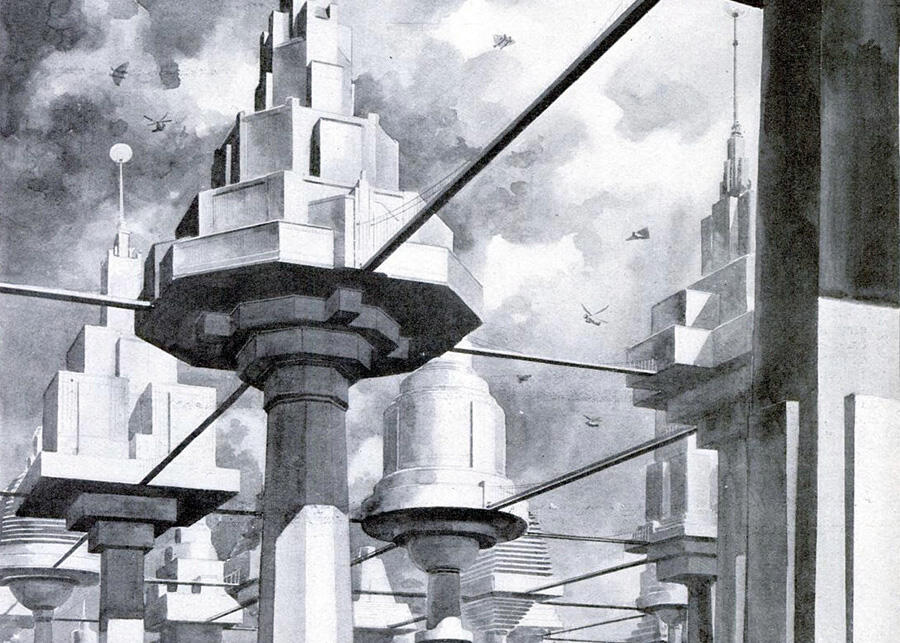
Harvard College/Graduate School of Arts and Sciences
Course Instructor: Bruno Carvalho
What will the cities of tomorrow be like? How did people in the past imagine our cities would be like? Our ability to foretell the future, it turns out, has a mostly poor record so far. And yet, predictions, visions and expectations can teach us a lot about how people make sense of their world. Since the 1800s we have seen a boom in urbanization, as well as in utopian and dystopian depictions of cities. In fact, we can think of modernity in terms of competing views about the future. Throughout the 20th century, for example, many envisioned flying vehicles. Some vied for segregated cities, others for diverse communities. Today, with climate change, labor precarity, and the effects of the coronavirus pandemic setting in, it often seems as if a dire destiny is inevitable. To some, it is as if the future, not the past, is already fixed. Others invite us to make radical changes. Most tend to assume that the future will be very different from the past. But some cultures think differently, and we will also consider alternative conceptions of time. As we reflect on our current moment, we will investigate multiple urban visions in design, literature and film, asking: How do expectations about the future shape the present? How did unrealized projects impact the built environment? Can fiction and the arts stretch the limits of the thinkable? How might futures imagined in the past help to address our urban and environmental challenges?